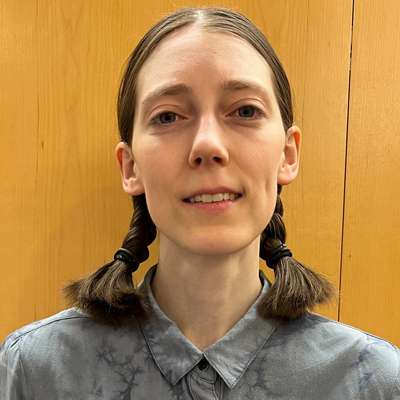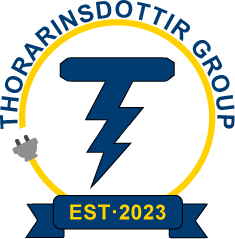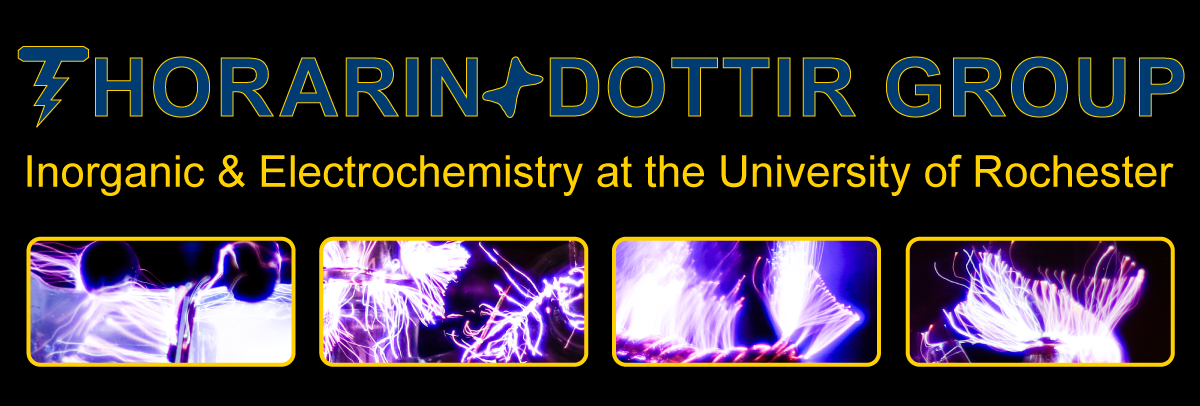About Agnes

Favorites
Element(s): Silver (Ag), iron (Fe)
Physico-chemical constant(s): Faraday, Avogadro
Extracurricular activities: Exercising, watching sports, exploring natural wonders, designing firework displays, playing board games
Food/drink: Banana/water (Icelandic water is the best!)
Agnes E. Thorarinsdottir, Ph.D.
Assistant Professor of Chemistry (2023–present)
University of Rochester
Email: agnes.thorarinsdottir@rochester.edu
Postdoctoral Fellow, Harvard University (2020–2023)
Ph.D., Northwestern University (2015–2020)
B.S., University of Iceland (2012–2015)
Agnes was born and raised in Akureyri, Iceland, and moved to the capital, Reykjavik, to pursue her undergraduate degree in chemistry. She graduated from the University of Iceland in 2015 with a concentration in synthetic inorganic and organic chemistry. As an undergraduate researcher, Agnes realized her passion for inorganic chemistry through coursework and working in the laboratory of Krishna Damodaran on metalloligands and metal–organic frameworks. A summer research experience in the group of Theo Agapie at Caltech further motivated her to pursue doctoral studies in the US. Agnes obtained her Ph.D. degree with Dave Harris at Northwestern University. At Northwestern, Agnes developed a broad skillset in molecular and materials chemistry. Her thesis centered on employing the electronic spin in transition metal compounds to design stimuli-responsive magnetic resonance imaging probes and new metal–organic magnetic materials. In 2020, Agnes moved to Cambridge, MA, to join the research group of Dan Nocera at Harvard University. As a Harvard University Center for the Environment Postdoctoral Fellow, Agnes started a new collaborative effort between the groups of Dan Nocera and Jarad Mason to study the effects of microporous water on electrocatalytic reactions of energy relevance. Agnes started her independent career in the Department of Chemistry at the University of Rochester in July 2023. There, the Thorarinsdottir Research Group combines expertise in synthetic molecular and materials chemistry and electrochemistry to design electrochemical systems with advanced properties for applications in energy and catalysis.

